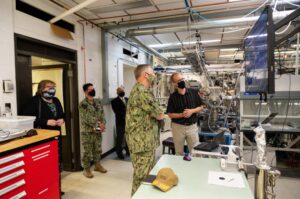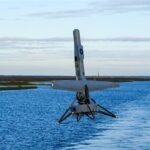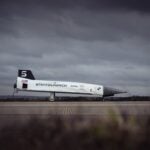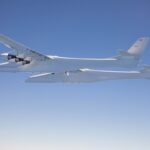
The Navy on Monday revealed it designated the U.S. Naval Research Laboratory (NRL) as the Navy’s Quantum Information Research Center, allowing it to engage with organizations to enhance research on quantum information sciences and technology. The fiscal year 2020 National Defense Authorization Act mandated this designation, which occurred in March. “This designation is a feather in the cap for NRL. The lab has a long history of unique innovations and we look forward to bringing our decades of experience in…

 By
By 











